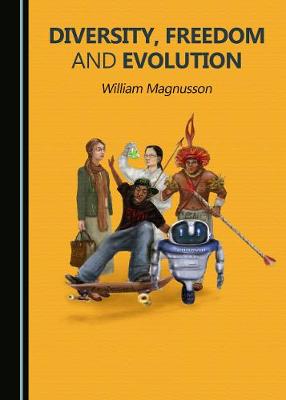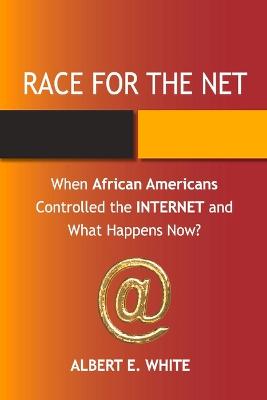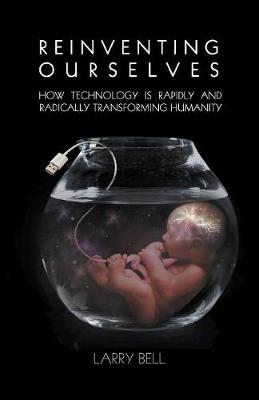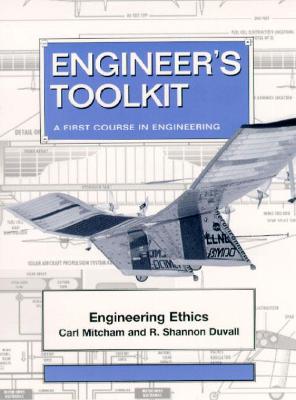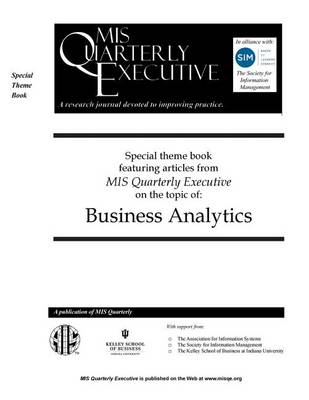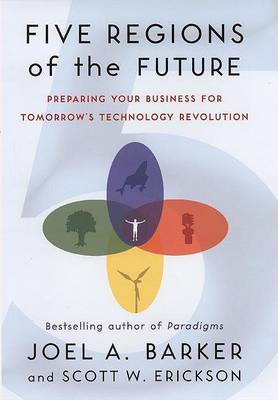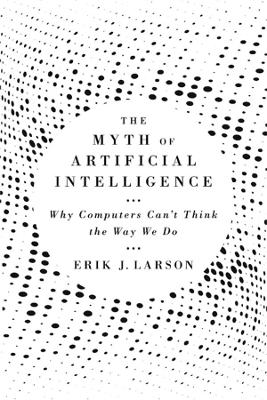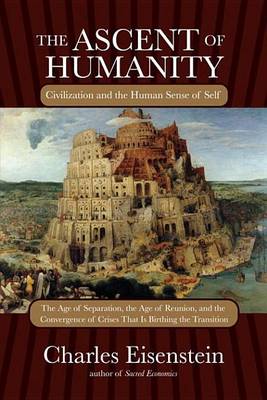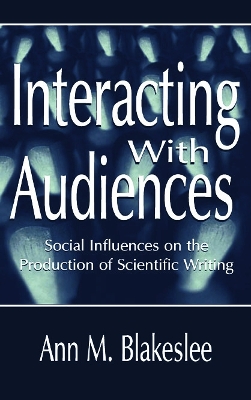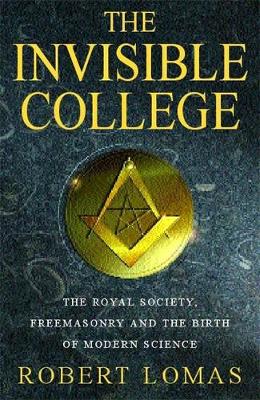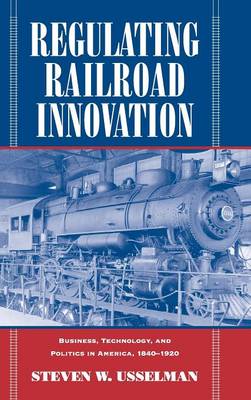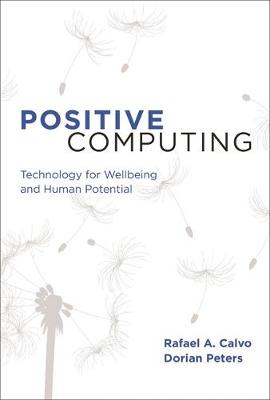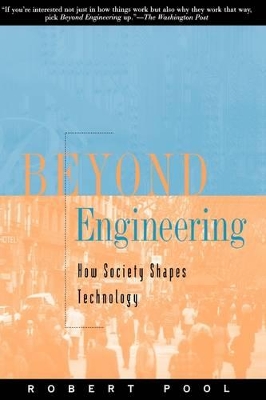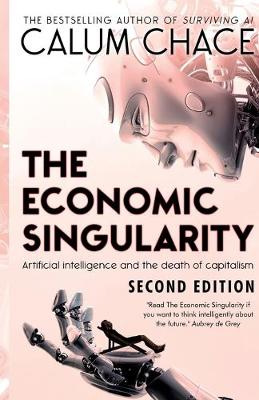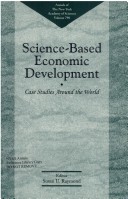An interdisciplinary subject focused around sport, design, technology and innovation, sports technology covers performance testing technology used by sports scientists, coaches and athletes, along with the sports equipment used in training, competing and regulation of the sport, from stop watches to GPS to sports clothing to blood profiling. Sports Technology is an interactive text that integrates background literature, contemporary case studies, worked examples, and supporting visual aids and d...
Science is responsible for most of the miracles that define modern life. This leads to the disconcerting situation where need and belief are in conflict. There is an enormous literature about science and evolution in particular, but all previous authors have missed the point that evolution gives us basic tenets that are not situation- or culture-dependent. This book shows that the potential for evolution is based on the tenets of diversity and freedom, which also underlie most of the ethical and...
Now you can design a learning package that fits your introductory engineering course perfectly���with The Engineer's Toolkit: A First Course in Engineering. The Engineer's Toolkit is Prentice Hall's innovative publishing program for introductory engineering. Consisting of modules that cover engineering skills and concepts, programming languages and software tools, The Engineer's Toolkit is a flexible solution for keeping up with the evolving curriculum of first-year engineering.
This book looks at the origins and the many contemporary meanings of the virtual. Rob Shields shows how the construction of virtual worlds has a long history. He examines the many forms of faith and hysteria that have surrounded computer technologies in recent years. Moving beyond the technologies themselves he shows how the virtual plays a role in our daily lives at every level. The virtual is also an essential concept needed to manage innovation and risk. It is real but not actual, ideal but...
“If you want to know about AI, read this book…It shows how a supposedly futuristic reverence for Artificial Intelligence retards progress when it denigrates our most irreplaceable resource for any future progress: our own human intelligence.”—Peter ThielA cutting-edge AI researcher and tech entrepreneur debunks the fantasy that superintelligence is just a few clicks away—and argues that this myth is not just wrong, it’s actively blocking innovation and distorting our ability to make the crucial...
Charles Eisenstein explores the history and potential future of civilization, tracing the converging crises of our age to the illusion of the separate self. In this limited hardcover edition of Eisenstein's landmark book, he argues that our disconnection from one another and the natural world has mislaid the foundations of science, religion, money, technology, economics, medicine, and education as we know them. It has fired our near-pathological pursuit of technological Utopias even as we push o...
Interacting With Audiences (Rhetoric, Knowledge, and Society)
by Ann M. Blakeslee
This distinctive monograph examines the dynamic rhetorical processes by which scientists shape, negotiate, and position their work within an interdisciplinary community. Author Ann M. Blakeslee studies the everyday rhetorical practices of a group of condensed matter theoretical physicists, and presents here the first substantial qualitative study of the planning and implementation of discursive practices by a group of scientists. This volume also represents one of the first studies to use situat...
Until the sixteenth century, people believed in magic as a way of explaining how the world worked. Indeed Queen Elizabeth I had a court magician, John Dee. However during the reign of the Stuart kings magic was killed and science took its place. This change came about because a group of men met in London and decided to set up a society to study the mechanisms of nature. Yet the men who founded this society in 1660 - including Robert Moray, Christopher Wren, Elias Ashmole and John Evelyn - were n...
Efforts to create and mould new technologies have been a central, recurrent feature of the American experience since at least the time of the Revolution. In Regulating Railroad Innovation, historian Steven Usselman brings this neglected aspect of American history to light. For nearly a century, railroad technology persistently posed novel challenges for Americans, prompting them to re-examine their most cherished institutions and beliefs. Business managers, inventors, consumers, and politicians...
Positive Computing (The MIT Press) (Positive Computing)
by Rafael A. Calvo and Dorian Peters
A case for building a digital environment that can make us happier and healthier, not just more productive, and a theoretical framework for doing so. On the eve of Google's IPO in 2004, Larry Page and Sergey Brin vowed not to be evil. Today, a growing number of technologists would go further, trying to ensure that their work actively improves people's lives. Technology, so pervasive and ubiquitous, has the capacity to increase stress and suffering; but it also has the less-heralded potential to...
Reading the Comments (The MIT Press) (Reading the Comments)
by Assistant Professor Joseph M Reagle
What we can learn about human nature from the informative, manipulative, confusing, and amusing messages at the bottom of the web.Online comment can be informative or misleading, entertaining or maddening. Haters and manipulators often seem to monopolize the conversation. Some comments are off-topic, or even topic-less. In this book, Joseph Reagle urges us to read the comments. Conversations "on the bottom half of the Internet," he argues, can tell us much about human nature and social behavior....
We have long recognized technology as a driving force behind much historical and cultural change. The invention of the printing press initiated the Reformation. The development of the compass ushered in the Age of Exploration and the discovery of the New World. The cotton gin created the conditions that led to the Civil War. Now, in Beyond Engineering, science writer Robert Pool turns the question around to examine how society shapes technology. Drawing on such disparate fields as history, econo...
New Technology in the Public Service
Grenzuberschreitungen: Der Mensch Im Spannungsfeld Von Biologie, Kultur Und Technik
Policy for Science-Based Development (Annals of the New York Academy of Sciences, Vol 789)

